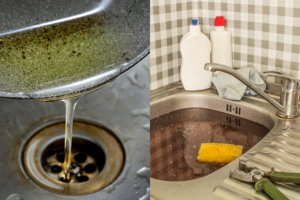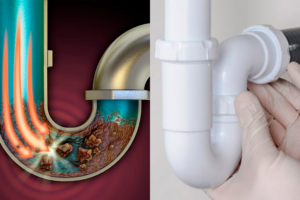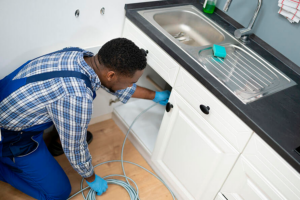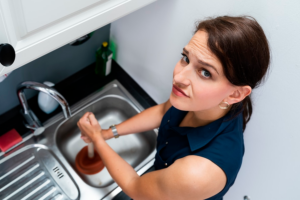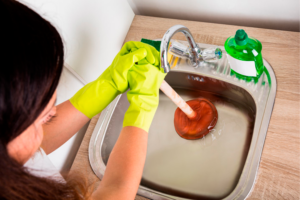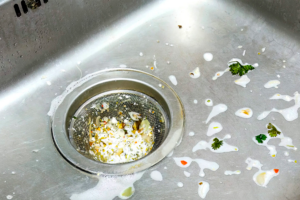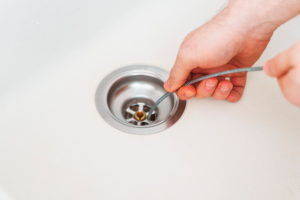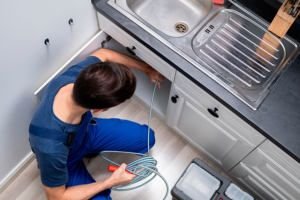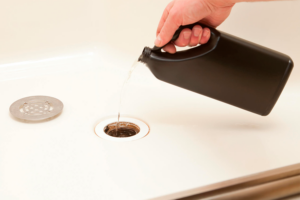As a homeowner, plumbing is one of the most important components of your home. It provides the convenience of running water and hot showers, and the peace of mind that comes with the knowledge that your appliances and fixtures are functioning properly. However, with the complexity of modern plumbing systems, understanding them can be a challenge. This guide to understanding your plumbing system is designed to help you navigate the complexities of your plumbing system and make sure it is sufficiently maintained. We will cover topics such as how your plumbing system works, how to identify potential issues, and how to properly maintain your system. With this guide, you will be better equipped to identify and fix plumbing issues, as well as maintain and extend the life of your system.
1. Identify the different components of the plumbing system
In order to understand your plumbing system, it is important to identify the different components that make it up. First, you have the main line, which runs from your water meter to the main house shutoff valve. This is the line that supplies water to all of the fixtures in your home. Next, you have the supply lines, which are the pipes that connect your fixtures to the main line. Finally, you have the waste lines, which are the pipes that connect your fixtures to the main sewer line. By understanding each of these components, you can better recognize potential problems with your plumbing system and take appropriate action.
2. Learn the basics of maintenance and repair
Knowing the basics of maintenance and repair is an important part of understanding your plumbing system. Learning to identify when something is wrong, and the simplest ways to fix it, can help you save time and money. You should learn to inspect and replace worn-out parts, such as gaskets and seals, regularly. Additionally, you should be familiar with the different types of plumbing components, such as pipes, valves, and fixtures, and how to properly install and maintain them. Knowing the basics of maintenance and repair can also help you identify problems more quickly, and even diagnose and fix them yourself.
3. Utilize professionals for complex plumbing tasks
While many basic plumbing tasks can be easily tackled by homeowners, more complex plumbing tasks will require professional attention. It is important to remember that plumbing is a complex system of pipes and valves and requires special tools to repair or replace parts. Trying to handle these tasks without the proper knowledge and experience can be dangerous and may even lead to further damage to your plumbing system. Utilizing professionals for complex plumbing tasks is the best way to ensure that the job is done correctly and your plumbing system remains in good working order.
In conclusion, understanding how your plumbing system works can help you detect and solve any plumbing issues that may arise in your home. With the right information, you can make sure your plumbing system is running efficiently and safely, and save yourself time and money by avoiding costly repairs. Whether you’re a DIY enthusiast or hiring a professional, understanding the basics of your plumbing can help you make informed decisions about repairs and maintenance.

